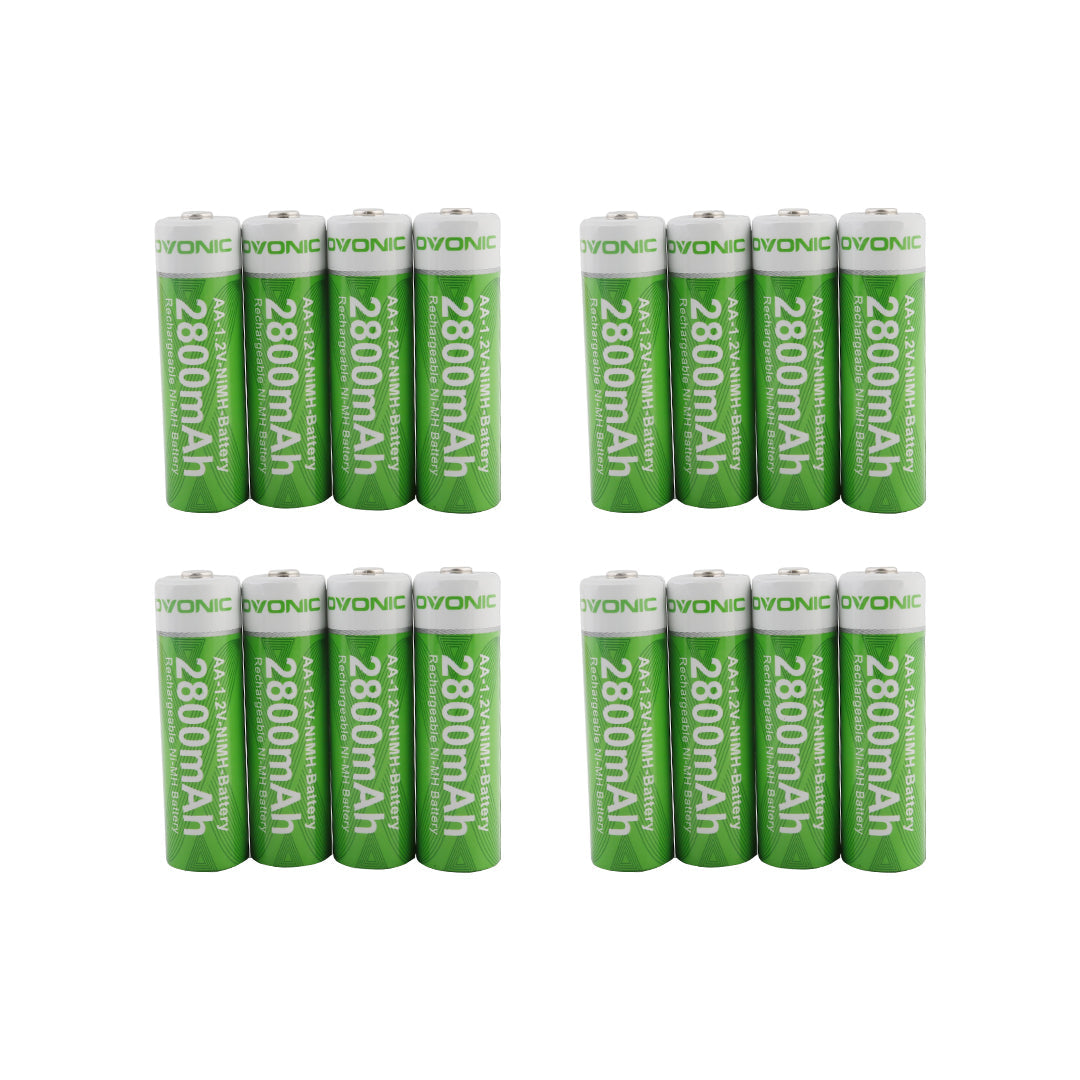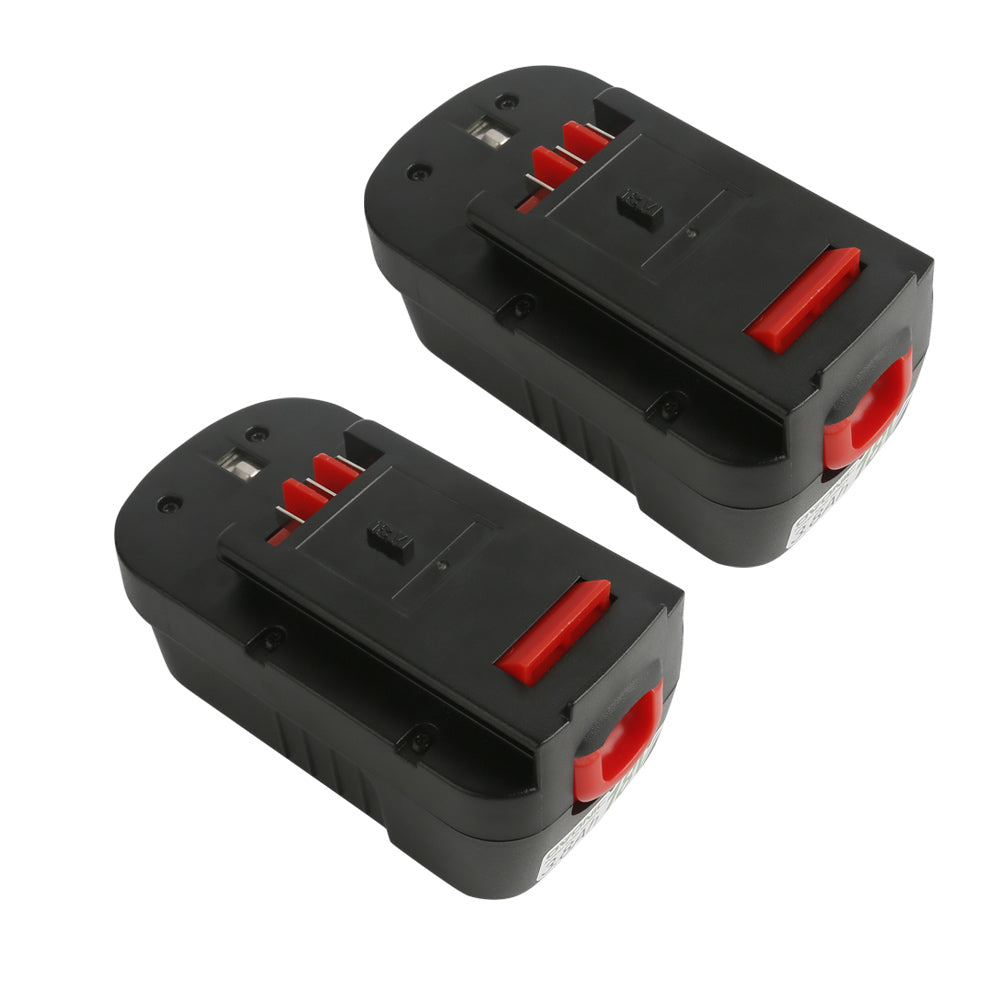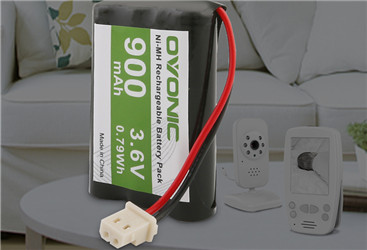Ni-MH batteries took the lead in industrialization in Japan, the United States, Germany and other countries. Early nickel-hydrogen batteries were mainly used to replace nickel-cadmium batteries in the field of notebook computers and mobile phones. However, since the commercialization of lithium-ion batteries in the 1990s, it has been more than ten years since then. Over time, lithium-ion batteries have replaced nickel-metal hydride batteries to occupy the portable electronic equipment market; in the communications field, nickel-metal hydride batteries have basically been withdrawn.

However, the current price of nickel-hydrogen batteries is lower than that of lipo batteries, and the safety performance is also superior to that of lithium batteries. Therefore, some notebook computers have begun to use nickel-metal hydride batteries again, and because of these two advantages, nickel-metal hydride batteries have also begun to partially return in the fields of power tools, digital cameras, electric vehicles, and uninterrupted mobile power supplies for mobile phone relay bases.
In terms of applicability, nickel-metal hydride batteries have excellent low-temperature performance and are also suitable for high-current discharge, so they are often assembled into Ni-MH battery packs to meet the needs of portable electronic devices. Applications in this area cover almost all walks of life.
Such as: portable printers, cordless tools, digital products; medical equipment, remote communication equipment, LCD TVs; communication equipment, laser equipment, instrumentation, and electric toys.
The high energy density, high power, and pollution-free characteristics of nickel-hydrogen batteries also make them suitable for use as power batteries. Some nickel-hydrogen battery factories have developed nickel-hydrogen batteries for power cars, electric motorcycles and electric bicycles. This feature has also been extended to the military field and applied to communications backup power, space technology, robots and submarines.
Nickel-metal hydride batteries have achieved faster development worldwide. In 2006, China produced 1.3 billion nickel-metal hydride batteries, surpassing Japan to become the largest producer. This is because China has 70% of the world’s rare earth reserves, and rare earths are nickel-hydrogen batteries. The main raw material of the anode hydrogen storage alloy. Among the above-mentioned application areas, the use of nickel-metal hydride batteries is reflected in the main directions of the Chinese market in the fields of mobile communications, laptop computers, power tools and automotive battery packs.


